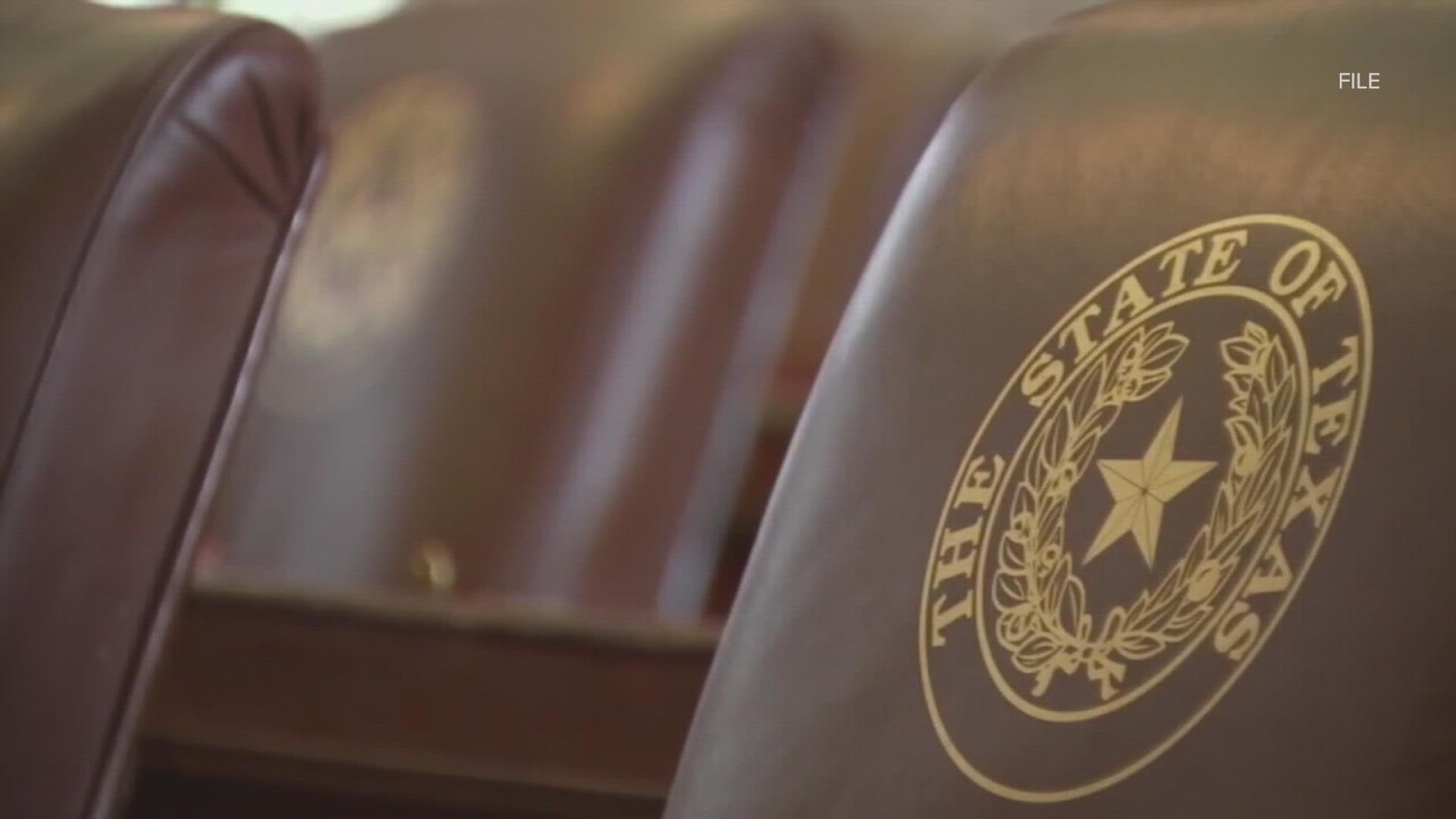HOUSTON — Organizations representing Latino and Black Texans have filed a federal lawsuit on their behalf challenging the GOP elections bill, Senate Bill 1.
SB1 or the "Election Integrity Protection Act of 2021,” was passed during the second special session after delays by House Democrats who broke quorum to stop the vote.
The 76-page law that will take effect just before next year’s primaries outlaws drive-thru voting and 24-hour voting and tightens voting-by mail rules. Harris County used all three initiatives during the 2020 election and saw record turnout among minorities.
SB1 also increases protections for partisan poll watchers and adds new ID requirements for voting by mail.
RELATED: What's in Senate Bill 1?
"It's not that Texas is a red or blue state," said Cesar Espinosa, executive director of FIEL. "It's that Texas is a non-voting state." "Rather than limiting the way people can vote we should be encouraging new found methods to vote so that we can get more civic participation."
“We anticipated litigation and we’re confident the law will be upheld,” wrote Texas Senator Bryan Hughes in a statement.
"In the future we hope these negative changes are the catalyst to get more people involved in our political system," Espinosa said.
In an excerpt from the lawsuit, the plaintiffs claim:
“Plaintiffs bring this action to challenge Senate Bill 1 (“SB1”), a new law that (among other things) restricts voter assistance; enables partisan poll watchers to intimidate voters and poll workers; and threatens to criminalize community-based voter engagement activities and election administration conduct that are otherwise protected by the United States Constitution, federal election law and the Texas Election Code. “
The bill also grants partisan poll watchers "free movement" at polling places, except for at a voting station when a voter is filling out their ballot. It would also be a criminal offense to obstruct a poll watcher's view or distance them in a way that would make observation impossible.
Both sides remain confident and stern their stance on SB1 is right, but this latest move comes as no surprise.
"It's not that Texas is a red or blue state. It's that Texas is a non-voting state," Cesar Espinosa, executive director of FIEL, said.
FIEL is one of several organizations representing Latino and Black Texans named in the federal lawsuit opposing SB1.
"Rather than limiting the way people can vote we should be encouraging new found methods to vote so that we can get more civic participation," Espinosa said.
Espinosa said by limiting people's ability to vote the bill is putting communities at a loss.
Sen. Bryan Hughes, the author of the 76-page bill, wrote this in response:
“We anticipated litigation and we’re confident the law will be upheld.”
Texas House Rep. Jim Murphy also chimed in sending this to KHOU 11:
“SB 1 makes it easier to vote and harder to cheat and protects the integrity of our elections. By making the election process uniform and consistent, it ensures that the elections will be fair and that every vote will count.”
Regardless of what happens with the lawsuit, Espinosa is hopeful.
"In the future we hope these negative changes are the catalyst to get more people involved in our political system," he said.

